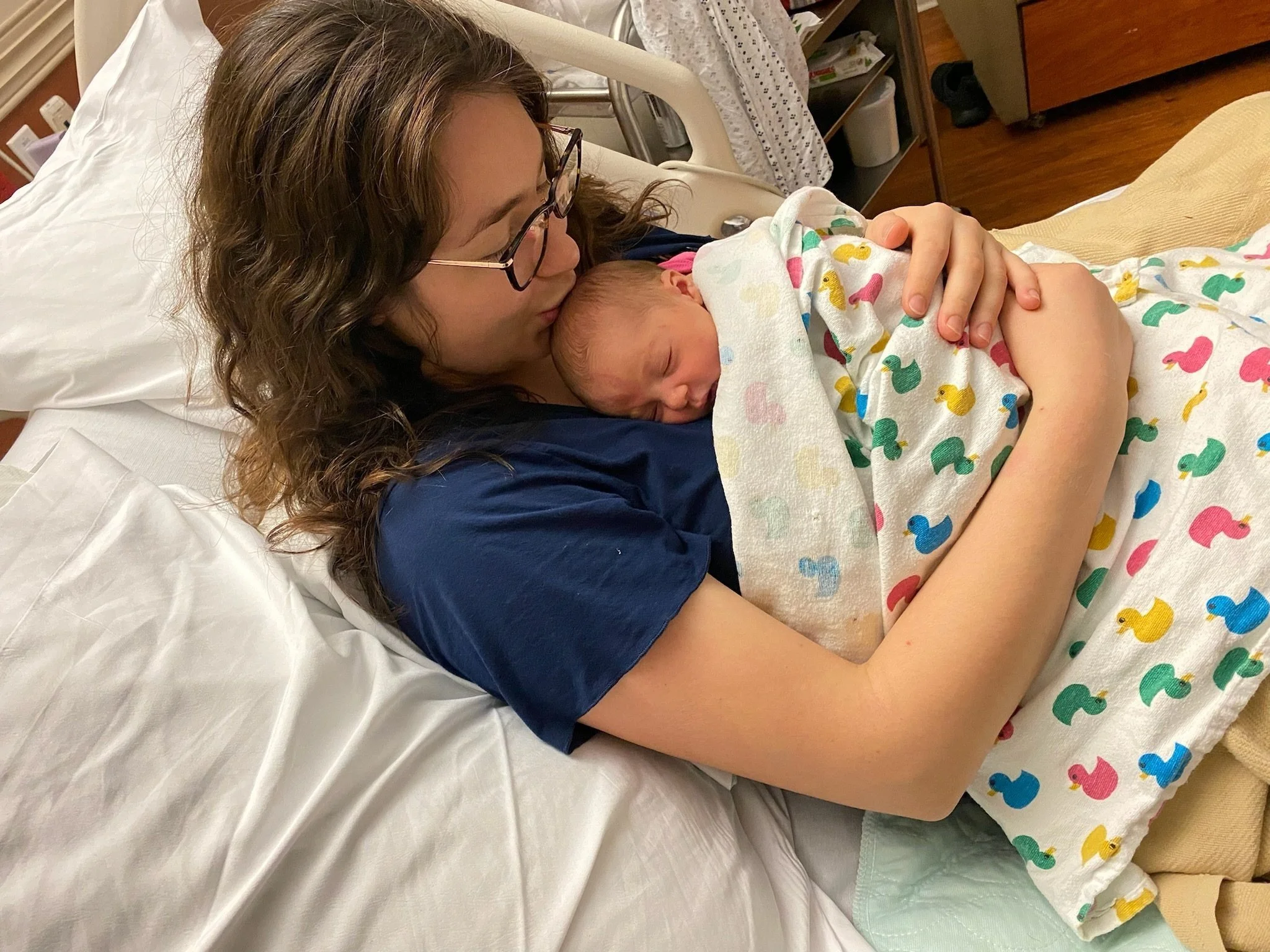Frequently Asked (and great!) Questions
-
A doula is a trained professional who provides emotional, physical, and informational support to individuals and families before, during, and after childbirth. Doulas offer continuous support through labor, help with relaxation techniques, provide encouragement, and assist with communication between the laboring person and the medical team.
-
While both doulas and midwives are part of the birth team, they serve different roles. A midwife is a medical professional who provides clinical care during pregnancy, labor, and birth, including monitoring health, performing exams, and assisting with the delivery. A doula, on the other hand, focuses on non-medical support, offering comfort measures, guidance, and emotional reassurance throughout the birth process. You can have a doula whether you’re giving birth in a hospital with an OBGYN, at home with a midwife, or at birthing center.
-
Emotional Support: Doulas offer consistent reassurance, calm, and encouragement to help manage the emotional ups and downs during labor.
Physical Support: They assist with comfort measures such as breathing techniques, massage, positioning, and movement to ease pain and promote a positive birth experience.
Informational Support: Doulas provide evidence-based information about the birth process, potential procedures, and decisions, helping the birthing person make informed choices.
Postpartum Support: Doulas can also offer support after the birth, helping with newborn care, feeding assistance, and emotional well-being.
-
No, a doula is not a medical professional and cannot provide medical care, perform medical exams, or deliver a baby. They work alongside the medical team, offering non-medical support. Their focus is on the emotional and physical well-being of the birthing person.
-
No, a doula does not replace a partner or family member. Instead, they work in collaboration with them to enhance the support provided. A doula’s role is to support everyone in the room, ensuring the birthing person feels empowered and supported, whether that includes the partner, other family members, or friends. If you are embarking on parenthood by yourself, a doula can act as a loving presence to provide emotional support even without a partner or family member by your side.
-
Doulas help the birthing person express their preferences and wishes to the healthcare team, but they do not make decisions or speak for the birthing person. Their role is to ensure that the individual’s voice is heard.
-
Research shows that continuous support during labor from a doula can lead to shorter labor, reduced need for pain medications, fewer interventions (such as cesarean sections), and an increased likelihood of a positive birth experience. Many individuals also report feeling more confident and supported throughout their birth journey with a doula by their side.

